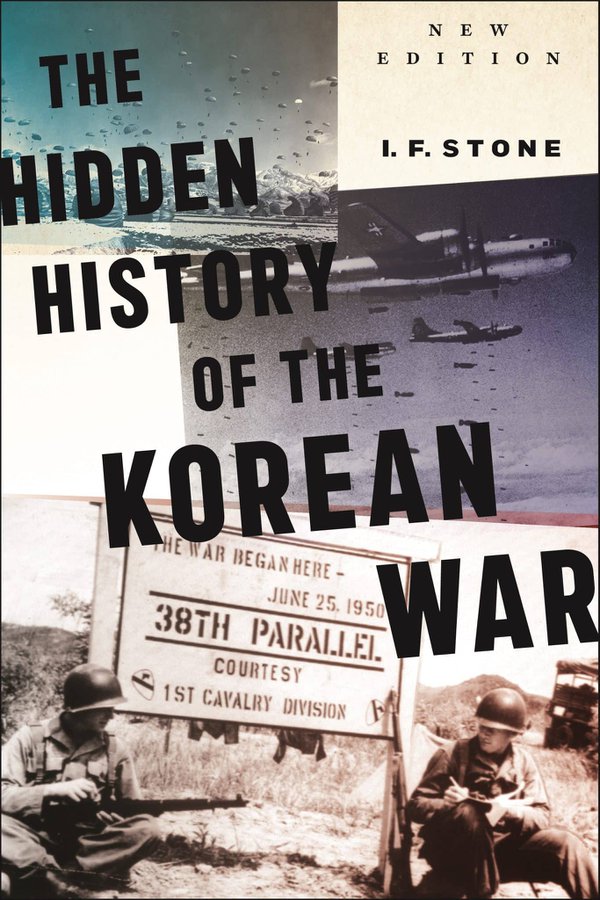I.F. Stone’s classic brings his investigative work on the Korean War to bear on the present
The Undaunted I.F. Stone, Back Again
A new edition of Stone’s classic brings his investigative work on the Korean War to bear on the present.
Older readers of The Progressive will recall I.F. Stone’s Weekly as a supplement or partner instead of a competitor to their own favorite magazine. Isidor Feinstein (Izzy) Stone, a maverick inside the Beltway, ripped apart the curtains of deceit in the Republican and Democratic parties alike when it came to money in politics, racism, and above all foreign policy. How Stone managed to get his sources sometimes remained a secret, but as in this volume, he proudly pointed to his use of available materials, mostly hidden away in corners of the Congressional Record or other State Department and legislative documents.
None of his other revelations could quite rival this one, because the Korean War, if never actually popular, brought with it a repression so severe that simply questioning the narrative raised questions of loyalty. Who could fail to understand that the rampaging North Koreans had to be stopped and the “Red Chinese” to be warned in the most severe way from seeking further control of Asia?
Stone offered another reality in his dispatches, compiled and reorganized into The Hidden History of the Korean War, published by the tiny Monthly Review Press in 1952. The book ran up against an effective boycott, even as I.F. Stone’s Weekly continued. Now set for release in a new edition May 1, his revelations remain shocking all these decades later.
For example, who could believe that General Douglas MacArthur, Chiang Kai-shek, and President Harry Truman quietly or unquietly shared the belief that the Communist triumph in China was too shaky to survive a shock? Behind this wild imaginative leap lay a deeper purpose, summed up by General James Van Fleet, “There had to be a Korea either here or somewhere else in the world.” (p.14) The Cold War demanded, from the American side, a hardening of lines along with a vast military outlay previously unthinkable in what would be known most amazingly as a “police action” carried out on the United States side by a United Nations Command over which the United Nations actually had no control. To this day, memories of cities flattened by U.S. bombers—a scale of technological devastation almost unthinkable even after the atomic bombs of 1945—resonate among Koreans on both sides of the border.
In the Korean War commentary, as elsewhere in Stone’s writings, the perceived “peace danger” potentially undercutting the Cold War narrative (and Pentagon budget) needed to be banished, again and again. Efforts to ease tensions and to halt the war before it began, like the later opportunities to reach an agreement and end the fighting, would naturally be firmly resisted by Washington. The Chinese, in their own logic, could not afford an enemy military power at their doorstep, prompting resistance and the march southward to the degree that MacArthur envisioned an air war upon Chinese soil, threatening a possible Third World War. Truman pulled back, but the nature of the U.S. economy and by extension, U.S. politics, had indeed been changed. President Dwight D. Eisenhower was to reflect famously in 1961 on the consequences of the military-industrial complex, but only in the parting moments of his presidency.
The Hidden History of the Korean War: New Edition brings these memories back, along with the memory of the fearless dissident of I.F. Stone. Today’s Progressive readers can proudly share in a tradition of resistance.


Comments
Post a Comment